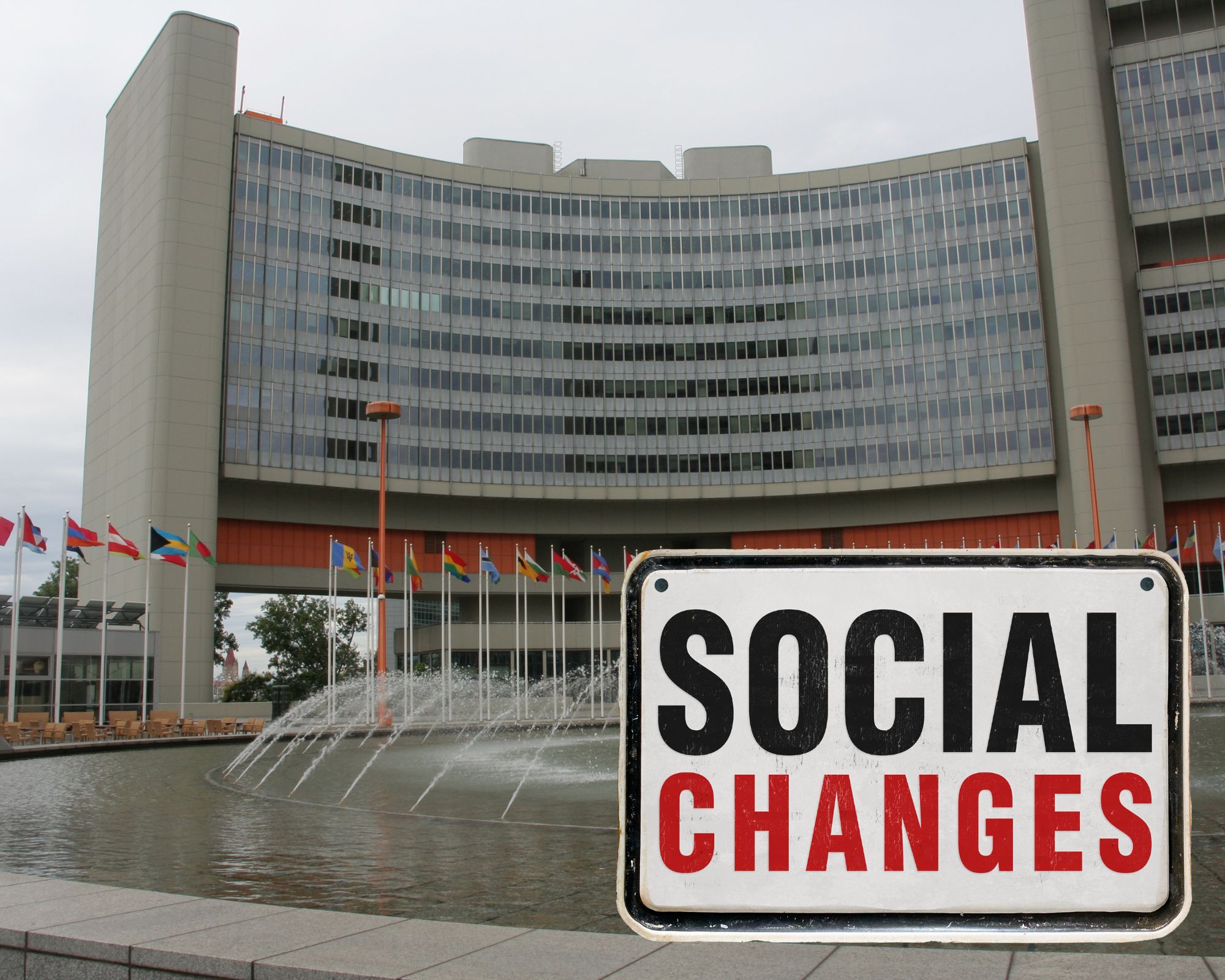Summary:
-
An independent expert panel’s report from 2018 shed light on some significant organisational flaws, prompting a wide range of adjustments in leadership, systems, and, most importantly, culture.
-
What strikes us most about the nearly three years of UNAIDS culture reform work is how much “inside work” has been required for the “outside work.”
-
It was insufficient to engage with intersectional feminist concepts on a personal level merely.
-
It is a “quilt in the making,” created by individuals and groups, one tile at a time.
-
Since May 2020, Mumtaz Mia and Juliane Drews have been in charge of UNAIDS’ Culture Transformation.
It’s personal in the organisational. We have both felt deeply how important it has been to do it right since we were asked to co-lead the process of cultural transformation at UNAIDS. This United Nations organisation spearheads efforts to eliminate AIDS back in 2020.
To protect everyone’s health and human rights, UNAIDS’ mission is essential. Employees and partners must have faith in a culture that supports and empowers them in their work.
An independent expert panel’s report from 2018 shed light on some significant organisational flaws, prompting a wide range of adjustments in leadership, systems, and, most importantly, culture.
The COVID-19 pandemic has caused unprecedented changes in the workplace as the Culture Transformation process has begun, and a resurgence of international protests, including those for women’s rights and the Black Lives Matter movement, has created an inspiring momentum for action to address intersectional injustice.
What strikes us most about the nearly three years of UNAIDS culture reform work is how much “inside work” has been required for the “outside work.” We need to be our true selves, support one another in being our true selves, and admit what we do not yet understand about one another’s experiences.
Our understanding of how our differences, both personally and professionally, are a critical strength that allows each issue and each process to be seen from a variety of distinct viewpoints has deepened as a result of the process, and how equality is essential in enabling all of these to be brought forth.
Creating safe spaces for our coworkers to talk about their lived experiences was transformative. We posed challenging and delicate questions to ourselves and those around us. Colleagues have confided in us that they finally felt heard. Colleagues could connect and progress the concrete improvements that mattered most to them because of courageous talks.
We were aware that everyone at UNAIDS needed a single frame of reference. As a result, we now have a foundational set of feminist values that serve as our road map.
Through the process, it became increasingly apparent to both that culture change starts at the individual level. Mumtaz’s observations at this time were centred on her intersecting identities as an African-Asian lady of Malawian descent living and working in Latin America.
Mumtaz’s colonisation drew attention as she led discussions on decolonizing the HIV Response. This has been a powerful journey for Juliane as well. As someone who has suffered workplace sexual assault, this work is profoundly personal for her. She is motivated to create safe workplaces for everyone, primarily through tackling inequality and unhealthful power dynamics. Our work has included our experiences thanks to our intersectional feminist methodology.
But this work has also shown how the personal is frequently dependent on the organisational, just as the organization is dependent on the person. It was insufficient to engage with intersectional feminist concepts on a personal level merely.
We were pleased to assist UNAIDS in becoming the first UN organisation to base its operations on intersectional feminist ideals. For this reason, a crucial effort is still being made to incorporate these concepts into practices and regulations to develop a workplace culture where each employee may thrive.
We have understood the importance of the institutional level as we have worked to create a movement for change across six regions, conversed with more than 500 colleagues, and supported about 25 special teams on their journeys.
Cultural transformation is a protracted and challenging process that calls for the perseverance and imagination of many. We have used the quilt emblem, which is prominent in the fight against AIDS, to weave the tales and goals of so many change-makers together while maintaining their individuality.
New tiles will be added as the process of change progresses, while some may fade or require repair. But the job isn’t finished yet. It is a “quilt in the making,” created by individuals and groups, one tile at a time.
Since May 2020, Mumtaz Mia and Juliane Drews have been in charge of UNAIDS’ Culture Transformation.
Mumtaz is an expert in public health who has spent the last 20 years battling AIDS. With 15 years of expertise in creating inclusive and just businesses where employees in all their diversity thrive, Juliane is a change management expert.
Analysis by: Advocacy Unified Network

